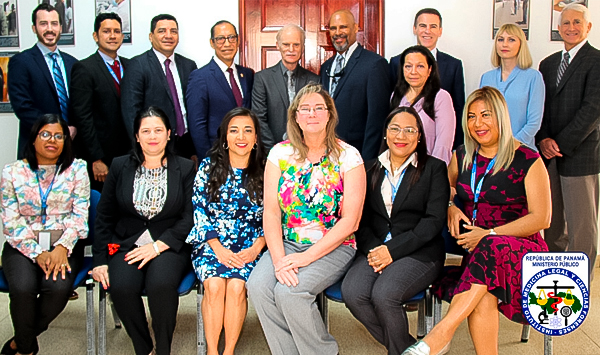On January 21, the Institute of Legal Medicine and Forensic Sciences (IMELCF) and the University of North Texas (UNTCHI) signed a Letter of Understanding to develop the project “Mechanisms for human identification through legal programs, policies and forensic DNA.”
The letter was signed by the director of IMELCF, José Vicente Pachar, the director of the Center for Human Identification of UNTCHI, creator of the FBI DNA databases, Bruce Budowle, and the president of Gordon Thomas Honeywell Government Affairs of the United States (GTRH-GA), Timothy Schellberg.
In his words of thanks, Pachar pointed out, “IMELCF is pleased that our institution has been chosen as the national and regional example for this project.” For their part, the director of UNTCHI and the president of GTRH-GA praised Panama and IMELCF for being pioneers in Central America in having a laboratory for DNA testing. They also expressed their pleasure in working on this project jointly with Panamanian professionals.
This project seeks to create a DNA database for human identification purposes that will include missing persons and those involved in irregular migration, victims of human trafficking and members of vulnerable populations, among other cases.
The Biomolecular Analysis Laboratory will receive equipment, reagents, training and technical, scientific and legal consultancy, which will enable them to collect, process, use and preserve genetic data that will feed the database.
Present at the event were Dave Reichert, Vice President of Gordon Thomas Honeywell Government Affairs and former member of the United States Congress; Kyle Schroeder, Regional Director of the project in Panama; Melody Josserand, CODIS Advisor; and Mayra Ciraiz, Project Coordinator. The IMELCF was represented by the Deputy Director of Criminalistics, Cintia Linares, and the Head of the Biomolecular Analysis Laboratory, Hebe Monteza.
Science and Technology at the Service of Truth and Justice










 EL SALVADOR
EL SALVADOR HONDURAS
HONDURAS

 BOLIVIA
BOLIVIA PERÚ
PERÚ